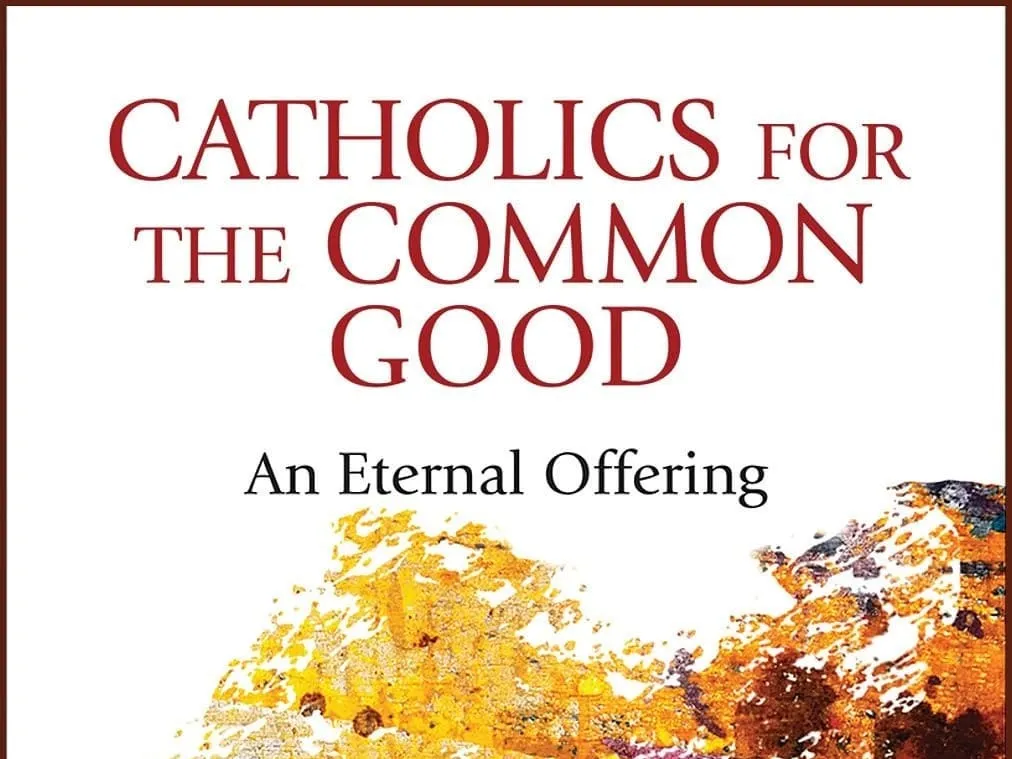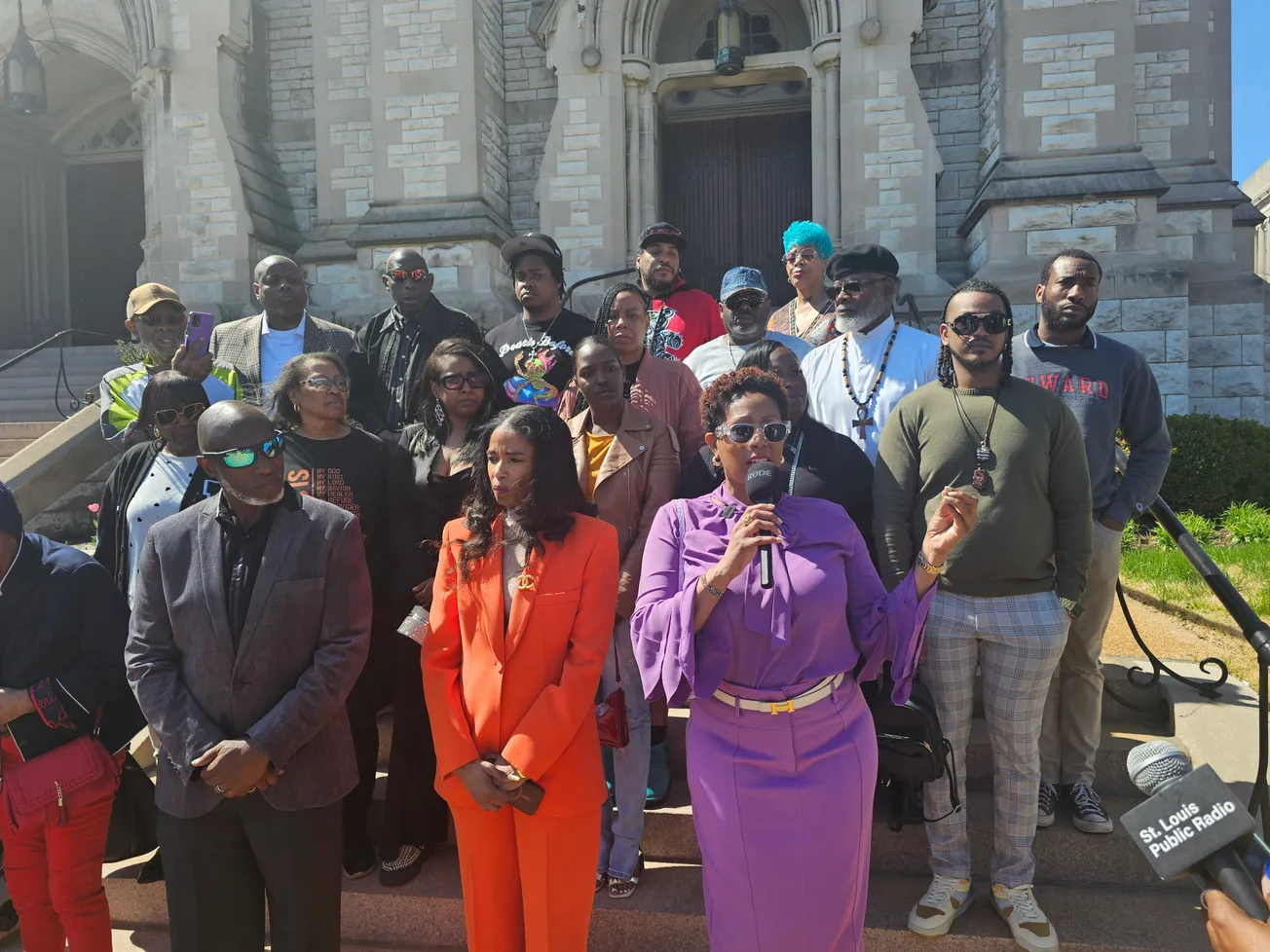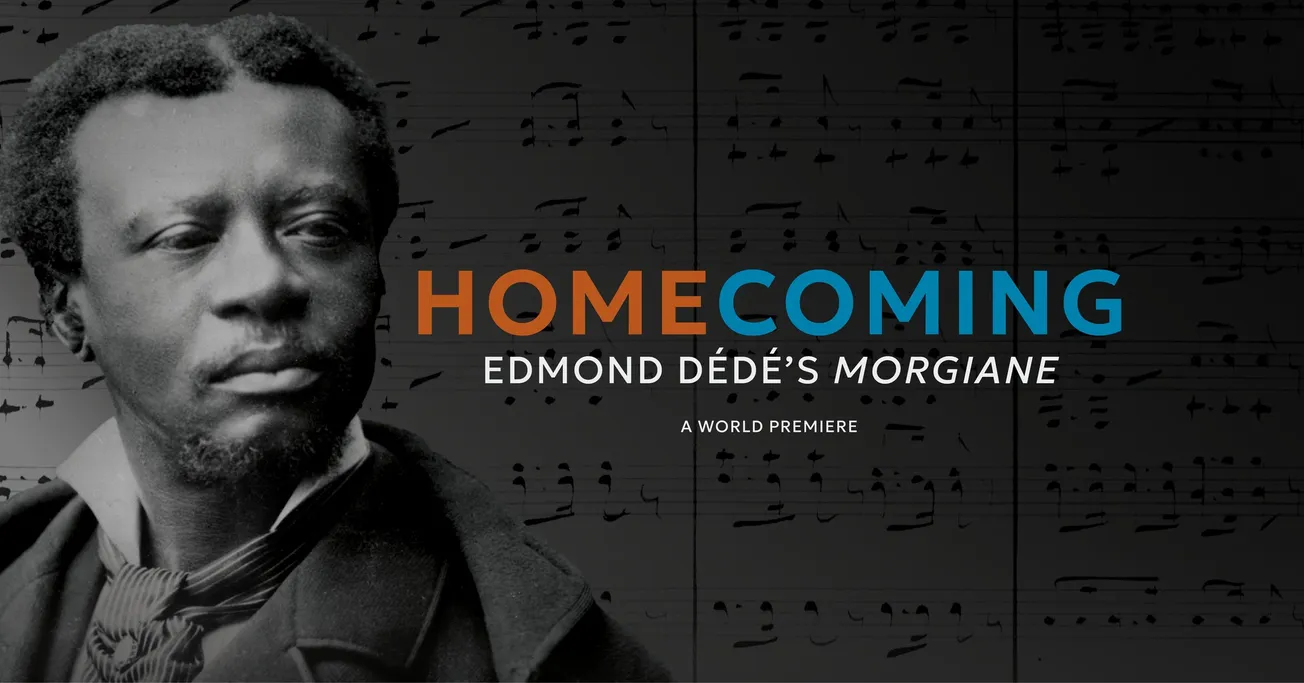On this day in 1862, a famed Black Catholic fell asleep in the Lord in Puerto Rico, bereft of any financial standing to show for her lifetime of service to the diaspora, nor any mass recognition of her steadfast faith and endurance.
Today, her younger brother is well on his way to official sainthood, while she is left largely unheralded still: her name is Celestina Cordero, and she is not often enough recognized as the mother of public education in Puerto Rico.
Cordero was born in 1787, ten years after the founding of the United States but more than a century before the island of Puerto Rico would become one of its territories. It existed instead under Spanish rule, as a colony housing some of the first Africans to step foot in North America, beginning in the early 1500s.
It was a land of slavery, and of Catholicism. As such, Black Catholics were plentiful, and the Corderos were among them. Though they were free like their parents, their experience of racism was real and constant. Though their lives were less than rosy, they were able to be educated and find a foothold in the society of New Spain.
Celestina and her siblings, Rafael and Gregoria, learned to read and write from their parents, and were led to the profession of teaching by their example. At the time, very few Puerto Ricans were literate, especially outside of the city centers. Having been raised in San German, on the western side of the island, Celestina and Rafael returned to their birthplace of San Juan—the capital city—to help stem the tide of ineducation.
According to the “Acts of the Cabildo de San Juan,” one of the few historical sources to have detailed Celestina’s work, she opened her first official school in 1820, a sex-segregated institution in accordance with the laws of the era. It was the first girls’ school on the island, marking a new epoch in the saga of women’s empowerment in the region.
Three years prior, she had first requested funding for a school, noting that she had already been teaching privately for 15 years and then had more than a hundred students. It would appear that, like their diasporic siblings across the sea in the US, the marginalized Black population of Puerto Rico was eager to ensure that their children received an education. On the island, Celestina was a major force in ensuring they got their wish, having obtained the official permits for the house school she shared with Rafael and Gregoria
It should be noted that Celestina’s first petition for government funding was denied, almost certainly because she was Black and a woman. And though she eventually received public funding as an accredited teacher, her salary was meager, with government officials determining that she would be paid at a rate according to “those of her class.”
For the next decade-plus, Celestina became known as a force for both the secular and spiritual education of children in the capital, refusing to discriminate based on race and supporting even the students who could not otherwise afford to attend school. Eventually the schools began to attract even the most wealthy inhabitants of the island, including the Spanish nobility.
Amid their successes, slavery continued on throughout the island, as an economic boon for the Spanish crown. In 1848, the governor of the island attempted to rein in possible revolts, restricting the rights of all Afro-Puerto Ricans in a set of laws known as El Bando contra La Raza Africana (“The Edict Against the African Race”). As early as 1812, the Spanish overlords had made it illegal to promote even the idea of abolishing slavery. The Corderos, however, were known to speak out despite the risks.
In 1832, Celestina fell ill, effectively ending her career as a teacher. Her brother and sister saw to it that her school would continue, and after Gregoria’s death Rafael quickly became the singular face of the Puerto Rican educational system, earning the moniker “Maestro” and receiving various honors.
Celestina and Rafael died within the same decade. His funeral in 1868—just five years before the abolition of slavery in Puerto Rico—attracted thousands. The story of Celestina and her intersectional struggle has never quite received the same level of renown as her younger brother, whom she likely helped to educate. In 2004, the Catholic Church began the process for Rafael’s canonization, and nine years later Pope Francis declared him Venerable.
Unlike her brother, Celestina Cordero has not been recognized with school renamings, with statues or monuments, nor with the requisite acclaim from the Church she loved and which strengthened her for ministry. I reached out to the Archdiocese of San Juan, where her brother's sainthood cause is based, to obtain an idea of why she is not considered in the same holy breath as her brother. I didn't receive a response.
In 2018, a public school near San German renamed its library after her, shortly after a Spanish-language children’s book, “Maestra Celestina,” was published in her honor—200 years after she first began her journey toward official recognition as a Black public school teacher in Puerto Rico. A second book, “La Gran Ausente,” came in 2019.
Within the Church or without, may the honors ever continue for the Black Catholic foundress of mass literacy on the Island of Enchantment. Celestina Cordero Molina, pray for us.
Nate Tinner-Williams is co-founder and editor of Black Catholic Messenger and a seminarian with the Josephites.










